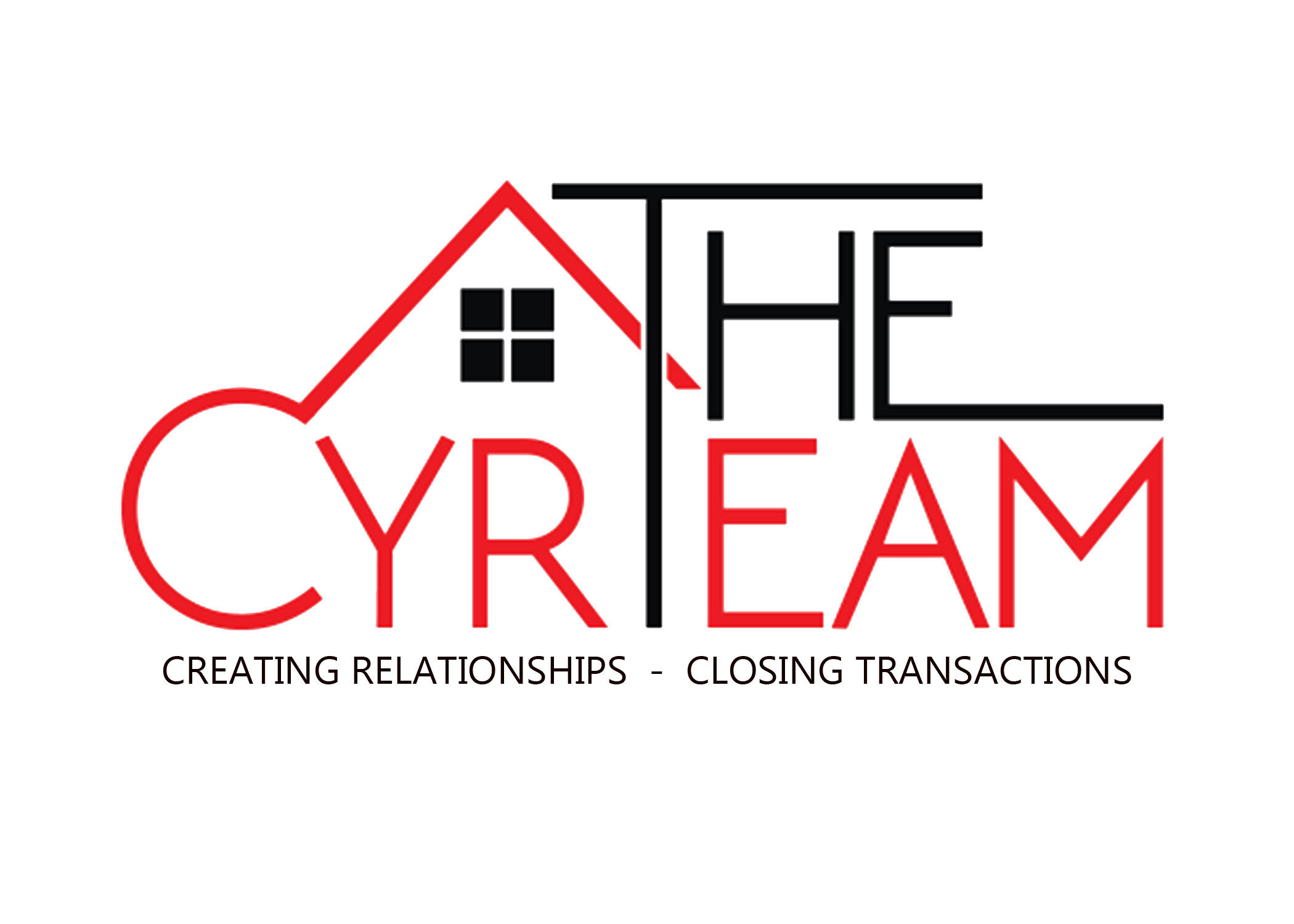In this final installment of our three-part series, we will explore some of the broader life planning aspects to consider when selling your home in today’s seller’s market. If you haven’t ready the first two parts of this article, please check them out when you have a chance:
Part 1: Getting Your Home Ready
Part 2: Maximizing Your Selling Results
Today, we want to look at the bigger picture of your home selling plan. How will your home sale actually impact your life? This is a very important question to ask yourself before you even think about selling. You want to figure out where you will be moving, how you will utilize the financial gains from your home sale, and how you will transition from a home seller to a home buyer in a very competitive market.
Where Are You Moving?
Ideally, you will have at least a general idea of this long before you put your home on the market. Unfortunately, some sellers don’t always think this through—especially in a hot seller’s market. They see dollar signs in their eyes because they know their house will sell quickly and fetch top dollar. Then, they just assume they can figure out what to do next later. This is not a smart plan.
You should know your next move before you make it. You can rent for awhile until you find the perfect new home. You might already own a second property in a different area that you are planning to make your retirement home. You might be relocating because of work, or today’s remote working opportunities may allow you to move further away from your office. Maybe you want to move out to the country or to a state with lower property taxes, where you can work from home and escape the hustle, bustle and higher costs of living in the city or suburbs.
Whatever your moving plan, figure it out before you sell your current house. Do not get caught in a situation where you aren’t prepared for what happens next in life. Some sellers may even want to wait until they have a new home under contract before they sell their existing home. This is where an experienced real estate agent can help guide you through this tricky transition when there is an overlap between your home purchase and sale.
Becoming a Buyer in a Seller’s Market
One major reason you want to be prepared for your move is because you will be transitioning from a seller to a buyer. This is easier said than done in a seller’s market when the sellers have much more leverage. It’s great if you can cash out and make a great profit from your sale. Just remember you are soon going to be on the other side of the coin. You will be the buyer and be at a disadvantage with high home prices, lots of buying competition and low housing inventory. You have to do what you can to make your purchase offers as attractive as possible and position yourself for a smooth transition.
You should make sure you get pre-approved for your next mortgage loan and be prepared to leverage the equity proceeds from your home sale toward your new home purchase. You should be able to put more money down and secure a better interest rate. The pre-approval letter from a reputable lender is a must-have as part of your purchase offer in this seller’s market. The good news is that mortgage rates are still quite low and loans are cheap, which will give you more buying power. Being able to apply a bigger down payment and proving that you have already been a reliable borrower will certainly help your lending position, as well.
Some buyers may opt to rent for a little while until they find the perfect new home to purchase. This is a solid plan if you aren’t in a time or money crunch. However, the key word here is always “plan.” Figure out your buying, selling and temporary renting plans—whatever they are—before your move and then try and stick to them!
Financial Planning
Obviously, buying or selling a home is a major financial transaction. Doing both simultaneously adds even more complications and stress. Talk with your financial advisors, tax planners, lender and real estate agent about your real estate plans. Make sure that a move is right for you before committing to a sale or purchase. Set a realistic understanding of how much you can make by selling your house in a seller’s market. Then, carefully work out your budget for buying a new home in the same seller’s market. If the numbers don’t add up, you need to rethink your plan.
Let’s say you will pull $100,000 in clean profit if you sell your home right now. The new home you want to buy is asking $300,000 more than your current property. You can apply all of that $100,000 toward your down payment, which should improve your mortgage rate and terms. Still, you will be borrowing $200,000 more than you currently are. How will this price increase impact your monthly mortgage payments and other living expenses? Some people are financially ready to move up while others aren’t. Think it through and crunch the numbers.
On the other hand, many home sellers are using this opportunity to downsize. We work with a lot of empty-nesters who have more house than they really need and they know it will attract some great offers in this market. They are ready to move into a smaller home/condo or into their retirement property. It makes sense to sell and utilize the financial gains for future living expenses or paying down other high-interest debts like car loans and credit cards.
There are many different things to consider when planning a home sale (and also a home purchase) in a seller’s market. Things move quickly and you need to be prepared in order to make smart decisions throughout each step of the process.
If you are buying or selling in Southeastern Pennsylvania or Northern Delaware, contact The Cyr Team today for all your real estate needs!

